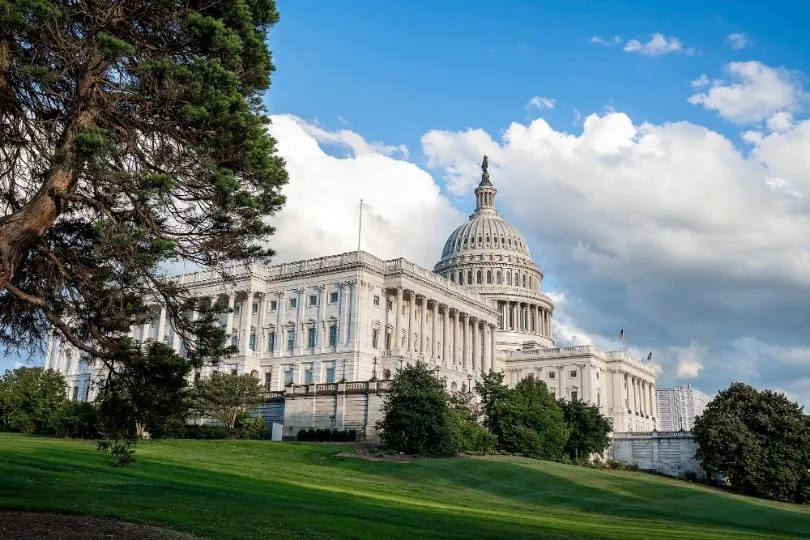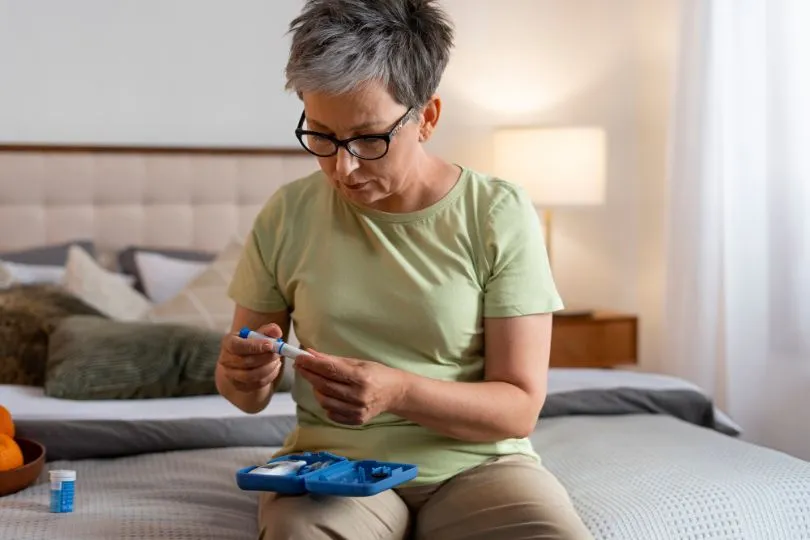In a move to combat the skyrocketing cost of medicine, Gov. Gary Locke Tuesday announced a new program to slash the price of prescription drugs by nearly half for people 55 and older.
The program, called AWARDS, would take effect in January, and it would extend privileges to members of a “buying club” for prescription drugs: a laminated discount card as well as price breaks, ranging from 12 percent to 49 percent.
The state of Washington is like a Costco,” Locke said, referring to the giant warehouse retailer. “We want to expand the membership.”
Speaking at a press briefing Tuesday at the Redmond Senior Center, where he unveiled the plan, Locke added: “Tens of thousands of older Washington citizens need one or more prescription drugs to stay healthy … yet the cost of these drugs is skyrocketing, and fewer seniors can afford them.”
News of the program, which officials anticipate will be used by as many as 275,000 people (about half the population of Wyoming) in its fledgling period, was applauded by lawmakers and senior citizens who were gathered at the center.
Lobbying groups representing elderly issues also were sanguine. They praised Locke for using the state’s buying power to leverage discounts for pharmaceuticals – a lifeline that is important, they said, because federal Medicare does not cover prescription drugs.
“I think it’s excellent the state and Gov. Locke is stepping in, considering Congress’ failure to enact drug benefits under Medicare,’ said Will Parry, president of the Puget Sound Council of Senior Citizens.
“It’s a positive, progressive step that will be welcomed by every senior with a prescription drug bill,” the 80-year-old advocate said.
A study released this month by Families USA, an advocacy group, said Americans 65 and older pay an average of $1,205 a year for prescriptions – up from $559 in 1992. By 2010, the cost will rise to $2,810, according to the study.
For Nancy Stephens, of Sumner, who currently pays $1,100 and more each month for nearly one dozen drugs, Locke’s plan was welcome news.
Already, she said she struggles to pay for her medication, relying on contribution from church members and using her Visa card “which is running out.”
And it is people such as Stephens who Locke and his advisors had in mind when they decided, months ago, to tackle the issue of prescription drug costs. In recent weeks, the topic has become the focus of sharp debate in the presidential race.
Other states offer subsidy programs for prescription drugs; but Washington state was beset by unique circumstances that called for a creative solution: double-digit inflation in healthcare and a spending cap of Initiative 601.
The governor’s office looked to Merck Medco, a pharmaceutical benefits company, which negotiates medication discounts for state employees under the Uniformed Medical Plan.
And the state leveraged its buying power to get discounts, which now will be extended to pharmaceutical buyers.
Under Locke’s plan seniors will pay a membership fee annually of $15 for an individual and $25 for a family. Beginning in January, they will be able to call an 800 number for application materials.
Later, they will get a membership card, which will enable them to go to their doctor and get their prescription.
If they go to the window of a participating pharmacy, they will get discounts ranging from 12 percent to 30 percent.
If they use a mail service, they would be able to get an even bigger discount – 20 percent to 49 percent. The ultimate size of the discount will be determined by the buyer’s pharmaceutical needs.
For drugs such as Lipitor, which treats high cholesterol and sells retail for $97.59, a buyer would pay $85.88 after a 12 percent savings.
Faith Homan, political director of Washington Citizen Action, a group that has pressed for change, said Locke’s move was “a good first step.”
But she said provisions also need to be made for other groups who could benefit from discount prescription drugs: uninsured people under 55 years old, uninsured families and disabled people.
State officials said Tuesday that after they start the discount program, they will look at ways to leverage that state’s purchase of drugs into savings that can benefit others.







